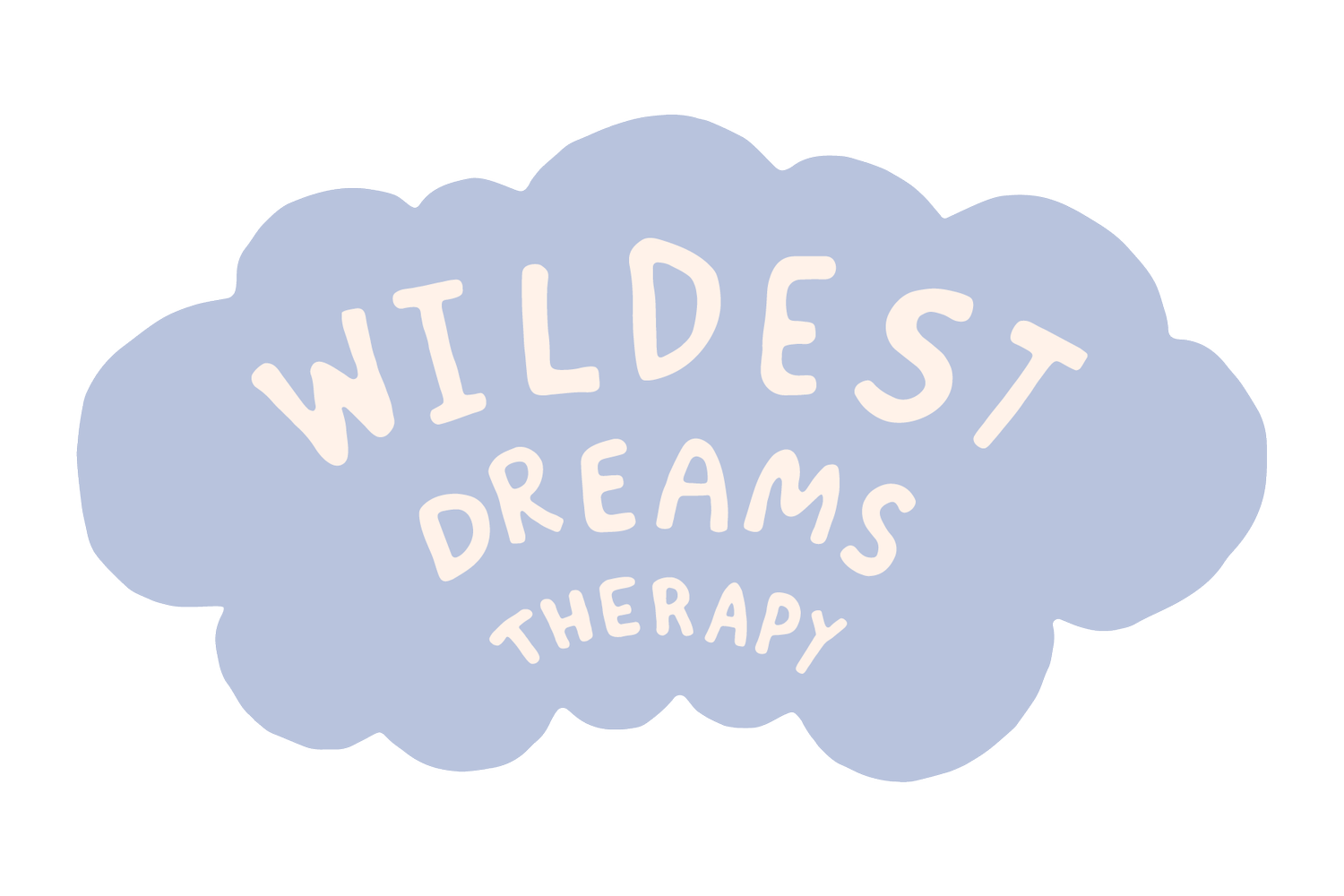How Can Ketamine-Assisted Psychotherapy Help Me?
One of the major factors that makes ketamine a potential game changer for one’s mental health is how it primes the brain with neuroplasticity. Neuroplasticity, also known as neural plasticity or brain plasticity, is a process that involves adaptive structural and functional changes to the brain.
While we're children, our brains are their most flexible: taking in new information to learn & adapt. As we age that plasticity becomes hardened, making it more difficult for the mind to open for change. Trauma can make this natural loss more devastating. This phenomenon can make us feel stuck, unable to move forward.
Ketamine-assisted psychotherapy comprises of 3 main parts: preparation, dosing, and integration.
During preparation sessions, you and your provider will meet to discuss the entire process of ketamine-assisted psychotherapy in depth so that you know what to expect. You will share what your goals and intentions are for KAP with your provider so that you can collaborate on creating a plan of action for your treatment. You can ask your provider about any questions that you have in order to feel prepared for the experience.
Dosing sessions are probably what most readily come to mind when you imagine what ketamine-assisted psychotherapy looks like. During these sessions, will be safely monitored by a chaperone of your choosing, and your provider. You’ll be lying down in a comfortable position as your motor and verbal abilities will be reduced. Ketamine may enhance or induce feelings such as: creativity, purpose, perspective, serenity, insight, inspiration, gratitude, empathy, connection, & openness to new ideas. These effects can make you feel “far from” your body for 45 minutes.
Now you might be wondering, if a ketamine journey is only 45 minutes, why are dosing sessions 2-3 hours long? Short answer - ritual & post-session processing. Before your trip, your provider will lead you through a ritual to get you ready for the psychedelic experience. This can include checking in about how you're feeling, taking your vitals, sharing intentions for the session, meditation, etc. After your trip, you will process your psychedelic experience through journaling and begin to share about the experience with your provider.
Lastly, integration sessions will help weave all of the threads of your ketamine journey into a more cohesive understanding of how to move forward towards your goals. This is the part where you will process your psychedelic experience with your provider in order to create routines moving forward. You will be encouraged to practice anything from journaling, meditating, breathwork, movement or exercise, creative hobbies, or just about anything that feels grounding and regulating for you as an individual.
This is the time to take advantage of that increased neuroplasticity, while your brain is eager to learn and do new things! The practices and routines you will create with your provider will help to solidify the mood-enhancing effects of the ketamine for lasting change towards your specific goals.
Thinking about trying ketamine-assisted psychotherapy?
Request a free consultation with us today and learn about this groundbreaking treatment!
